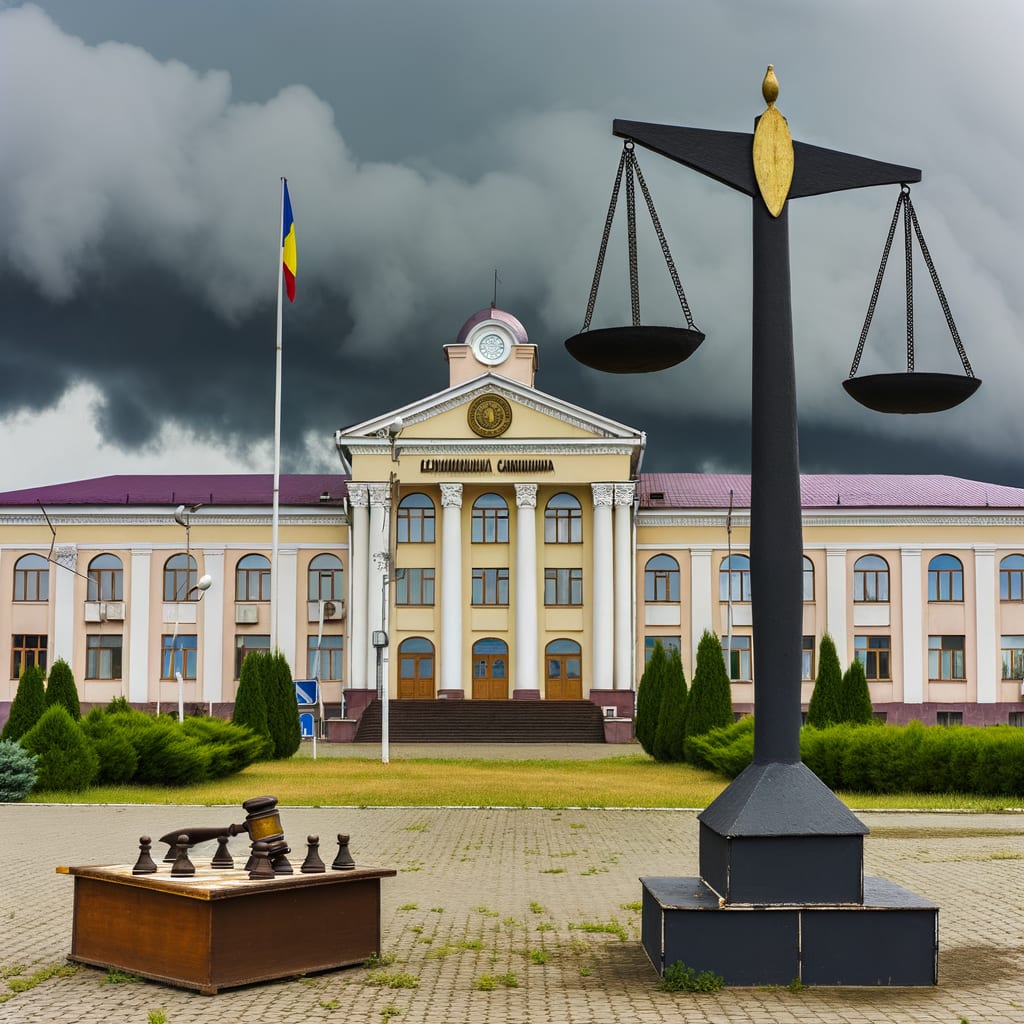Moldova's Crucial Elections Marred by Controversy
Moldova's parliamentary elections on Sunday have been described as the most significant since the nation gained independence from the Soviet Union in 1991. The outcome will determine whether the former Soviet Republic continues on its path of western integration or reverts to Russia's orbit. However, the run-up to the elections has been marked by allegations of Russian interference, bans on pro-Russian parties, and the extradition of a pro-Russian oligarch.
Background and Context
Moldova, located between EU member Romania and Ukraine, has been caught in a geopolitical tug-of-war between Russia and the West. The country's politics have been dominated by the 'century heist', a billion-dollar fraud that affected three Moldovan banks between 2012 and 2014. This week saw the extradition from Greece of pro-Russian oligarch Vladimir Plahotniuc, who is to be tried for the fraud. He arrived in Chisinau three days before the legislative elections.
Key Developments
In the lead-up to the elections, there have been allegations of Russian interference. Russian disinformation campaigns and alleged recruitment of Moldovan Orthodox priests to propagate against the 'corrupt values of Europe' have been reported. Serbian police also arrested two persons suspected of training Moldovan and Romanian citizens to cause chaos on polling day.
The Moldovan Central Election Commission (CEC) barred two pro-Russian parties - the Heart of Moldova and Greater Moldova - from the elections, over allegations of voter bribery, illegal party financing, and money laundering. The decisions have been criticized by Moscow, with the Russian ambassador calling the Moldovan election campaign the dirtiest he's ever seen.
Implications and Reactions
The bans on pro-Russian parties have rocked the election and sparked international controversy. Critics argue that this is part of an escalating campaign of political persecution by the pro-Western government. The Russian Foreign Ministry has stated that Chisinau’s actions seriously undermine confidence in the legitimacy of the upcoming elections and the transparency of the voting process.
Meanwhile, the Ukrainian President Volodymyr Zelensky has called on the European Union to support Moldova so that the Georgian or Belarusian scenario does not repeat itself in this country.
Conclusion
Moldova's upcoming parliamentary elections have become a critical juncture in the nation's history. Amid allegations of Russian interference and bans on pro-Russian parties, the stakes are high as the country chooses between Europe and Russia. The international community will be closely watching the election to see if Moldova continues on its path of western integration or moves back into Russia’s orbit.

